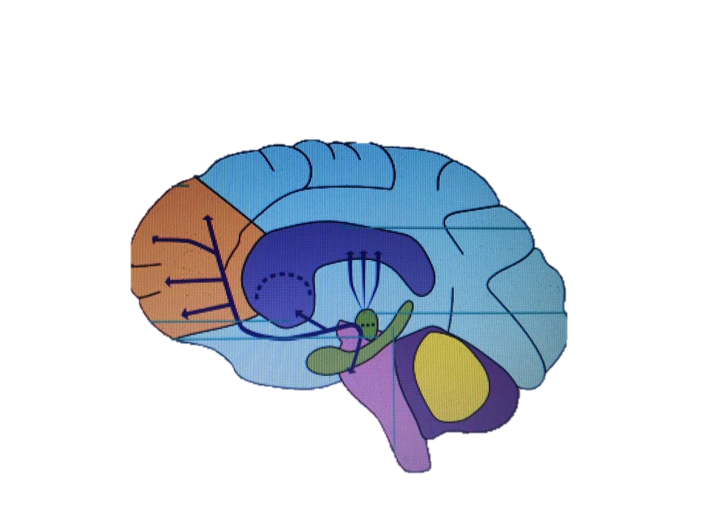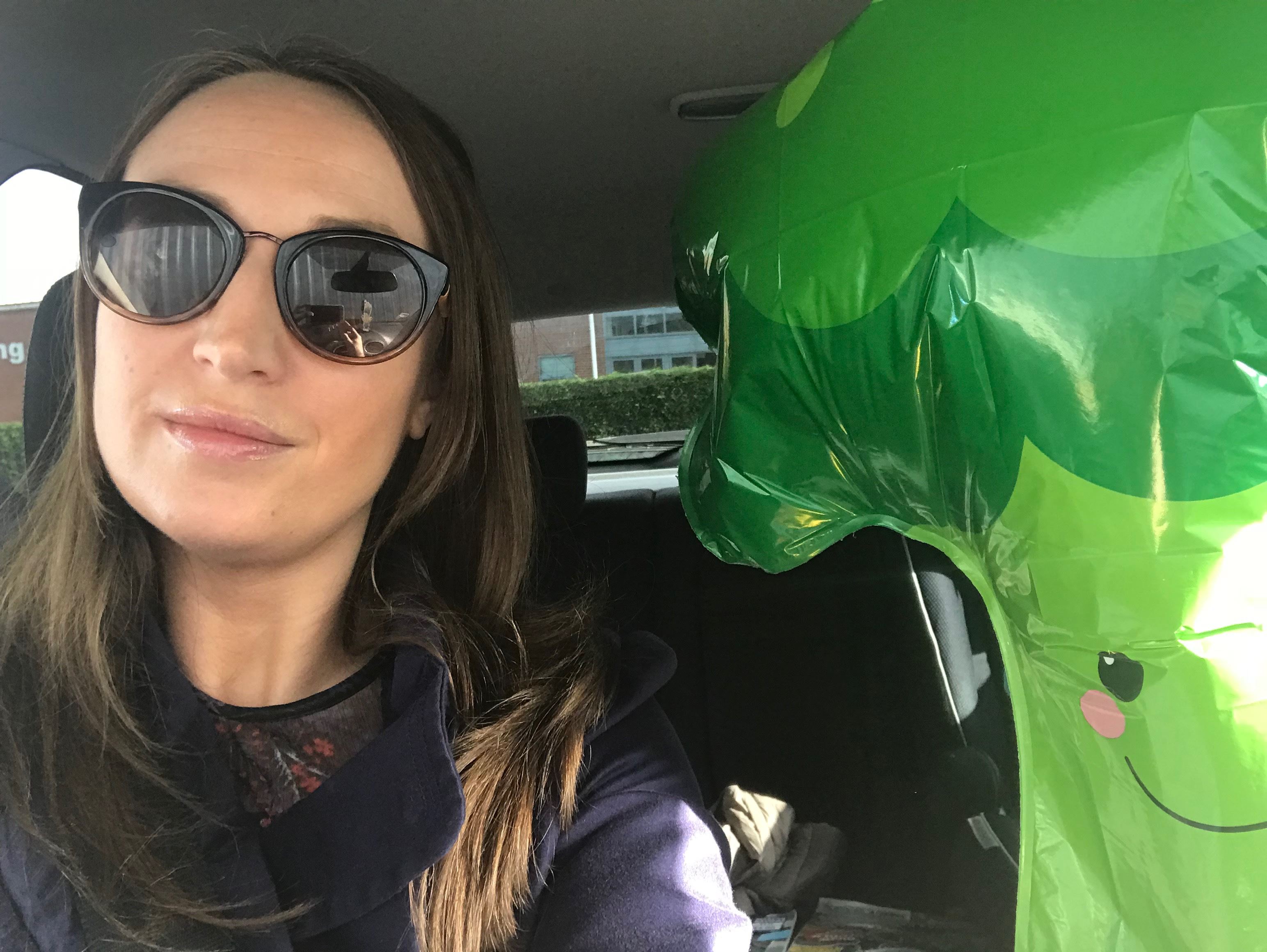How our food choices are driven
Hello there! I’m Louise Mercieca and I am a Nutritional Therapist. This is my dream job as it means I get to talk about my favourite subject (food) all-of the time which I love! Genuinely if I am not talking about food, I am writing about it, cooking it, or thinking about it! But when people hear nutrition they may well think “Oh not another diet” or assume that my role is to create meal plans and count calories for people, let me explain a little more about what I do.
People’s relationship with food
I have worked with hundreds of nutrition and exercise clients over the years and nearly all of them had a damaged relationship with food in one way or another! This got me thinking about the way I worked with my clients and led me to study the neuroscience and nutritional therapy side in more detail rather than just the nutritional content. I also embarked upon a mission to shape future health by writing a book for children on nutritional science and recipes.
Food and our mind
When we consider that all food decisions start with our mind that begins to explain where we often go wrong with our diets. One of the most frequent conversations I have with people is that the fault does not lie with them it all comes down to biology and once people understand their biology and the basics of nutritional science their relationship with food changes for good. The most important change that happens is that they gain control!

Life-long relationship
From a very young age food memories and habits begin to take shape, our relationship with food is quite obviously a life-long one but many of our adult eating patterns are shaped in childhood. How many people use the phrase “I’ve been naughty and had a cake?” or have feelings of shame or guilt over food choices? These feelings often begin when we are young based on the food language used around us. I aim to show people how to view food for what it is, fuel and nourishment. It is not comfort, reward, a bribe or punishment! Feelings of guilt impact on physical and mental health and believe, me when I say this is counter-productive to fat-loss!
What about the food?
Once we get to this point, then we can start to look at the food itself but, as all food decisions start in the mind we have to start by looking there, otherwise nothing else will make sense and every food change you make is likely to result in frustration over results! Why do you think diets are so frustrating? Emotionally challenging and potentially physically damaging (but that’s another subject)! You haven’t re-routed the food habits and memories, you’ve simply told yourself you can’t have something! This makes you want it more, can make you irritable and probably wont last for long, resulting in you feeling guilty, none of this is a healthy food relationship!
Not your fault!
One of my biggest frustrations is that people are made to feel bad for their relationship with food, but they are not taught how to fix this! They are told to restrict items, exercise more, eat less but they are never shown how to heal their emotional relationship with food and as our food decisions start in our mind it makes perfect sense to me that this is where we need to start!
Never underestimate the influence food has on your physical and mental health and please consider this – the food you eat affects every cell in your body. That’s every movement, every decision, every emotion. Get this and your relationship with food can change for good and this is how I can help!
Top tips for removing food guilt
- Understand that your food choices may have been driven by misleading advertising to fuel appetite for certain foods.
- Understand that food creates memories and associations – if you have always had a biscuit with a cup of tea, habitually you will always want one. This is not physical hunger it’s a food habit. Food habits can be broken. (food habits go quite deep this is something I work on!).
- Understand that certain foods biologically create addictions and that by desiring them you are not being greedy. You need to work on the biology of the addiction not blame yourself.
- Use appropriate food language, consider what food ‘treat’ is worthy of your body and consider how damaging it is to blame yourself once you’ve had it.
- Most of all please be kind to yourself. Your body is amazing but our food landscape has changed so much many foods now are not kind to our bodies.
- Based on the above make considered choices – don’t trust the marketing it is often misleading!
I love seeing the change in people once they understand and appreciate their own body.
Louise Mercieca
Nutritional Therapist & Author



